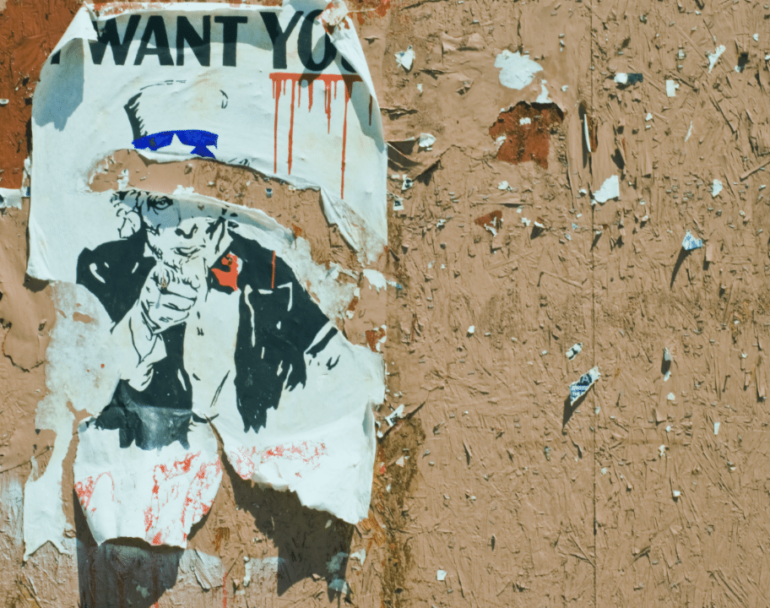
Oppose a Disease at its Beginning
By: Michael Boldin
Here at the TAC, we take on a wide range of issues across the political spectrum. And invariably, any time we cover one, we hear some people telling us how it’s unimportant. They tell us that we should focus on something more “pressing.”
Or, we’re told that one issue is just for an “emergency,” and we should ignore it to spend our time and energy on long-established violations of the Constitution.
While I totally understand the need to prioritize in a time when we have thousands of unconstitutional laws and regulations on the books – it’s not just foolish, but also dangerous to consider opposition to any of them as “unimportant” or a waste or time.
I’m sure you’ve heard things like this as much as I have.
“The Patriot Act is just for the terrorists”
“The income tax is only an emergency war time measure”
“If we don’t ban ___, people will die in the streets!”
“But it’s for the children!”
We were warned – repeatedly – how dangerous this mentality is.
Founder after founder warned us against turning a blind eye to violations of the Constitution, which they also called “arbitrary power” or “usurpations” of power.
Samuel Adams put it this way:
Let us remember that if we suffer tamely a lawless attack upon our liberty, we encourage it, and involve others in our doom!
John Dickinson, the “Penman of the Revolution,” urged us to “Oppose a disease at its beginning” because even a single concession to the limits of government power will act as a “PRECEDENT for other concessions” in the future.
He went so far as to say those concessions lead to the end of freedom.
Thomas Jefferson gave the same advice in his famous “Notes on the state of Virginia.” He wrote:
“The time to guard against corruption and tyranny, is before they shall have gotten hold of us. It is better to keep the wolf out of the fold, than to trust to drawing his teeth and talons after he shall have entered.”
These leading founders and revolutionaries recognized a timeless truth. When you allow a government to chip away at the limits on its power, eventually the dam will burst. You will end up with a government exercising virtually unlimited authority – arbitrary power.
John Adams warned us to “Nip the shoots of arbitrary power in the bud” because this “is the only maxim which can ever preserve the liberties of any people.”
And George Washington, in his famous farewell address written by James Madison – rejected the notion of a “living, breathing” Constitution that just changes with the times based on political whims in the Congress, the Executive or the Courts rather than through the process established in the Constitution itself.
He said:
But let there be no change by usurpation; for though this, in one instance, may be the instrument of good, it is the customary weapon by which free governments are destroyed.